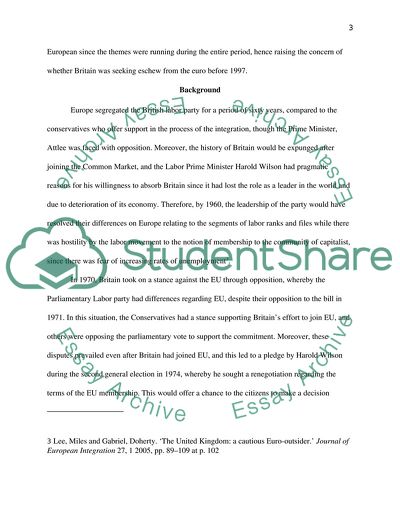Cite this document
(“To what extent was there a 'step change' in Britain's relationship Essay”, n.d.)
To what extent was there a 'step change' in Britain's relationship Essay. Retrieved from https://studentshare.org/history/1609843-to-what-extent-was-there-a-step-change-in-britains-relationship-with-the-eu-in-1997
To what extent was there a 'step change' in Britain's relationship Essay. Retrieved from https://studentshare.org/history/1609843-to-what-extent-was-there-a-step-change-in-britains-relationship-with-the-eu-in-1997
(To What Extent Was There a 'step change' in Britain'S Relationship Essay)
To What Extent Was There a 'step change' in Britain'S Relationship Essay. https://studentshare.org/history/1609843-to-what-extent-was-there-a-step-change-in-britains-relationship-with-the-eu-in-1997.
To What Extent Was There a 'step change' in Britain'S Relationship Essay. https://studentshare.org/history/1609843-to-what-extent-was-there-a-step-change-in-britains-relationship-with-the-eu-in-1997.
“To What Extent Was There a 'step change' in Britain'S Relationship Essay”, n.d. https://studentshare.org/history/1609843-to-what-extent-was-there-a-step-change-in-britains-relationship-with-the-eu-in-1997.


